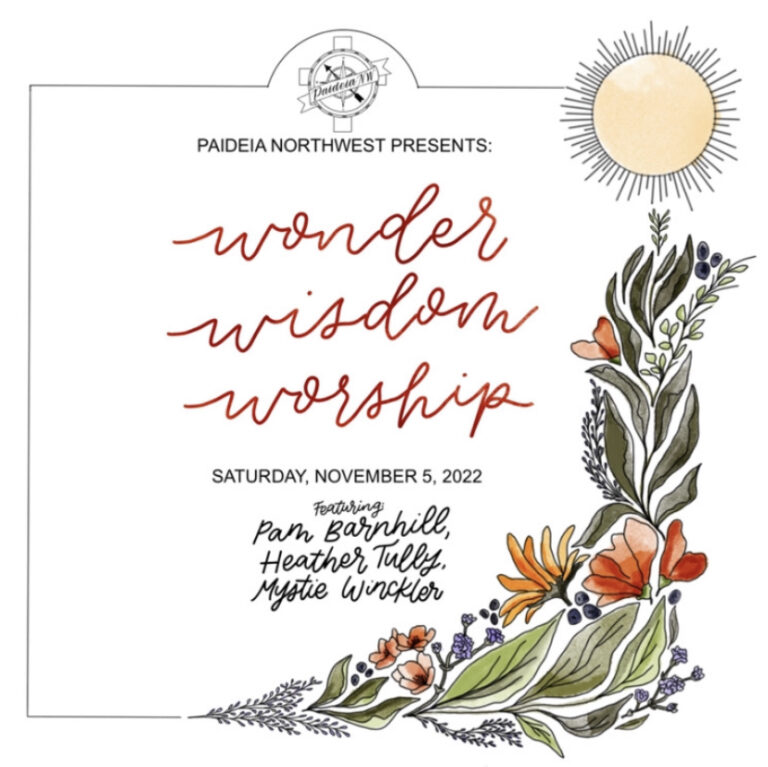Vendors Galore!
Have you checked out all of the vendors and sponsors we have gathered up for Harmony this fall?! I invite you to scroll through (and click through!) this page to check out all the wonderful folks and resources that we will get to share with you. Almost two dozen different vendors will be set up…

